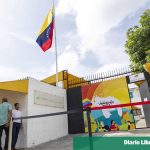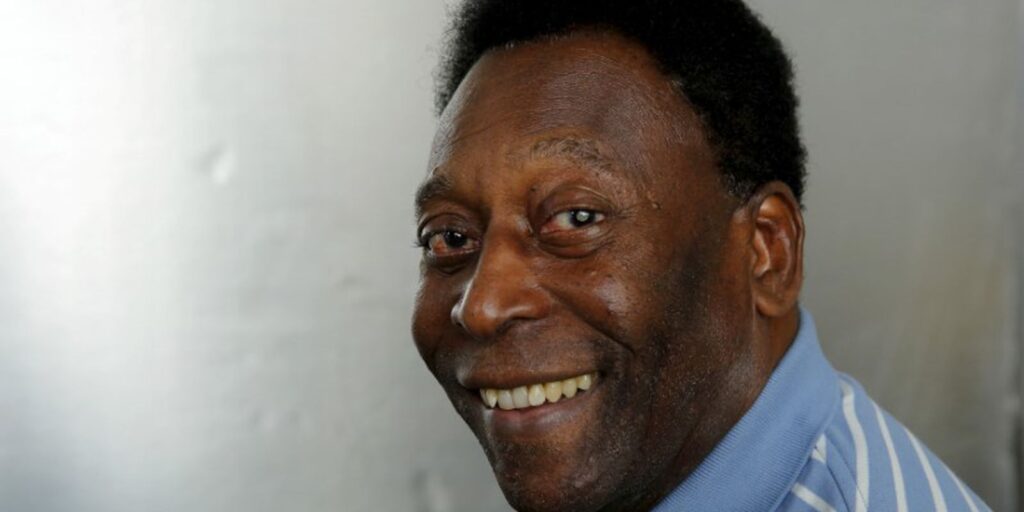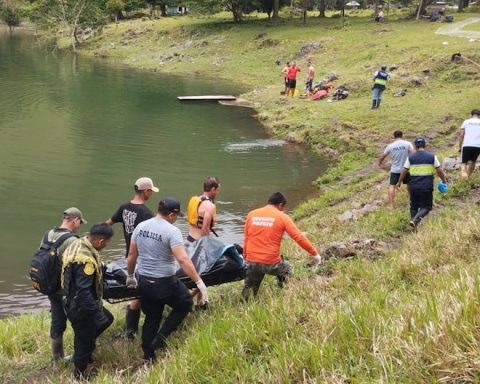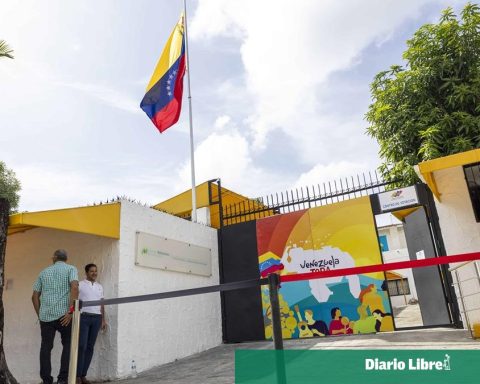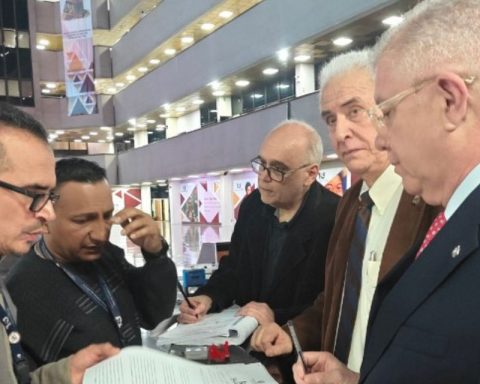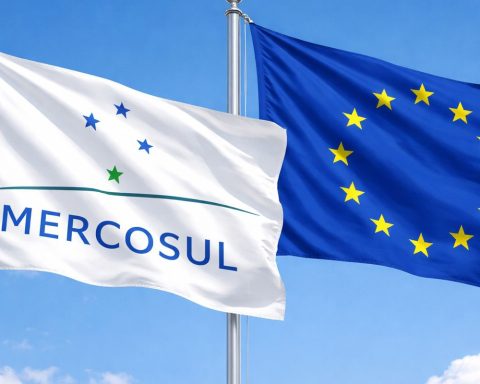Desolating are the data provided by the latest report from the Public Ministry’s Drug Trafficking Observatory -the seventh on the matter and the one prepared by the Deputy National Prosecutor Juan Agustín Meléndez, together with another group of people – as it concludes an expansion of organized crime in the country and its link to drug trafficking from 2015 to date.
In the extensive report of more than 200 pages, the specialized area of the Prosecutor’s Office warns that different international organizations want to establish themselves in the country, among which are the Sinaloa Cartel, the Jalisco Nueva Generación Cartel of Mexico, the Clan del Golfo from Colombia and the Aragua Train from Venezuela.
These groups, according to the report, can bring along with their arrival various situations that were not common in the country. one of those is the threat to prosecutors. “In May 2022 we witnessed how a threat that had been latent for years finally materialized. In less than 30 days, three prosecutors in Latin America were assassinated. The first of them, Marcelo Pecci, Paraguayan anti-drug prosecutor, assassinated on May 10. He would be followed by Luz Marina Delgado, an Ecuadorian anti-drug prosecutor, murdered on the 25th of the same month, and then Karen Almendares, a Honduran prosecutor, assassinated five days later. To these martyrs that organized crime leaves us on our continent, we must unfortunately add the death of the Ecuadorian prosecutor, Federico Estrella, assassinated on August 15, 2022, who was also investigating drug cases,” the report says.
Can this happen in Chile? “It is impossible to completely nullify the possibility of this occurring, but the depersonalization of criminal investigations or the real change of identity and the support of the State for effective protection are pending issues,” says the report, while it is necessary protection from persecutors.
Another edge that the report touches on is the occupation of national parks and territories of indigenous peoples by drug trafficking, which the pandemic had a negative influence on this illegal trade but which have managed to reinvent itself. “After a brief pause, the pandemic came to constitute an opportunity that drug traffickers have known how to make the most of and, most likely, increase their illicit profits. Everything indicates that transnational organized crime worked hard, finding ways to massify the production of new drugs and looking for alternatives to continue manufacturing traditional narcotics, to move and distribute said drugs, using new methods, but also promoting already existing strategies that would mean greater difficulty for inspectors, such as maritime routes, ”he warns .
“In Chile, although there are no autonomous communities, the Mapuche mayors have also manifested threats and acts of violence by drug traffickers, those who seek to settle in their territories,” he says.
The prison situation is another central axis of the report. There, it is stated that there has been a “very pronounced decrease in homicides inside the prisons”, which, says the Prosecutor’s Office, is a fact that “draws attention”. According to data from the Gendarmerie, in 2019 there were 42 deaths, 61 in 2020, 49 in 2021 and 7 in 2022. This drop is explained by the fact that criminal organizations inside prisons “have structured prison coexistence, and this could be making the commission of homicides is less frequent. We assume that this statement wants to suggest that the differences between inmates could be ‘managed’ by these organizations”.
Luis Toledo, director of the illicit drug trafficking unit of the national prosecutor’s office, added that “the number of homicides that cannot be clarified has increased, a worrying phenomenon linked to the way organized crime operates.”
Finally, about the situation in the north of the country, the report makes a comparative study of the homicides that occurred in 2011 and 2021 in the northern macro-zone of the country. The conclusion is that the causes increased from 47.8% in 2011 to 52.4% in 2021, and “victims of completed homicides (deceased) increased by 89.2%.” The Tarapacá Region is the one that had the greatest increase in these cases.
“The Drug Trafficking Observatory is today a respected entity at a national and international level, internationally awarded three times for its analysis work, and recognized by the Organization of American States as a formal part of the network of drug observatories on the continent. We believe that their experience should also light the way so that other similar initiatives can multiply in each area of criminal prosecution, delivering serious and validated information that allows for effective decision-making in them,” said the Deputy National Prosecutor Juan Agustín Meléndez.








